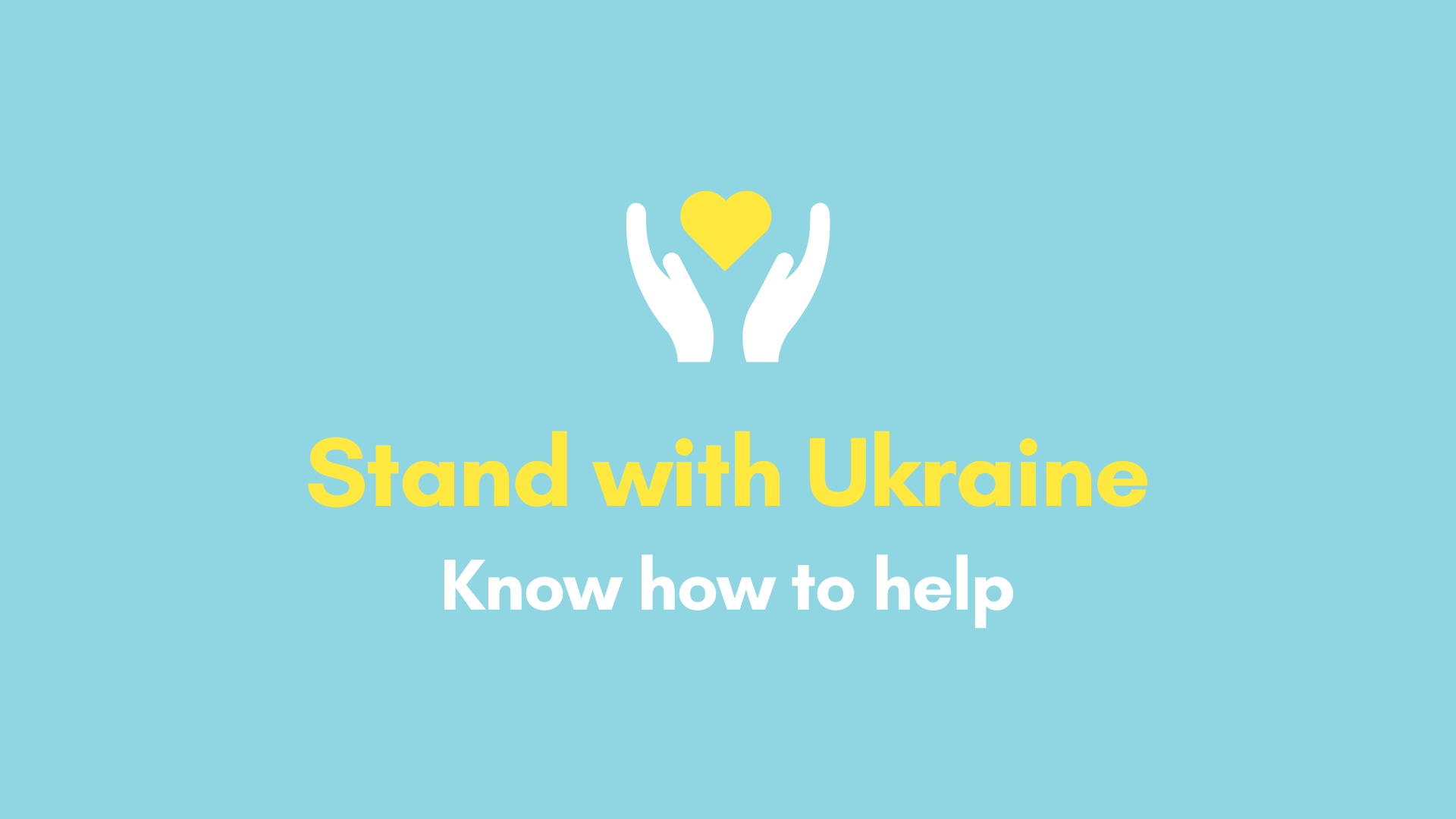
Interviewing a candidate whose life/relatives/home were/are put in jeopardy by war, be aware that the interview may elicit an emotional response.
An interview is a stressful event: the candidate needs to show their best side; they are speaking to a stranger who will most certainly evaluate them. They are nervous about whether they will be invited to fill the position or not. In addition, the symptoms of mental trauma often intensify in stressful situations. Therefore, an interview may be emotionally difficult for someone affected by war.
How can it manifest?
- Tears
- Aggression
- Freezing posture
- Desire to change the subject from the interview to what troubles them currently
What should the interviewer do in this situation? Here are some recommendations from Ekaterina Osadchuk, a psychologist and the CEO of Indigo Tech Recruiters.
1. Remember: The candidate’s behaviour is a normal reaction to experiencing traumatic events

If they start swearing or otherwise express anger, it means that they need to vent. Don’t stop them. But you don't have to be patient if the emotion is directed at you. If so, offer to postpone the interview.
If the candidate bursts into tears, they have accumulated a lot of grief and need to let it out.
If the candidate falls silent, it might be how they react to stress. They need to digest what has happened and they are having difficulty establishing contact at the moment.
2. Provide emotional support

However, do it only if you are asked to. No need to question your candidate, e.g. “What do you feel?”, “Has your family left the area of hostilities?” and so on. If they don’t feel like showing their emotions, don’t make them.
However, the situation should not be ignored either. You can ask, “How are you?”, “Where are you now?”, “Are you safe, I hope?”, etc.
However, these questions still may elicit an emotional response.
The first thing you need to do in that case is empathize.
Try to share the emotion at least by 50–60%. The point is to share it, not to offer positivity.
If the candidate says they are scared or angry, don’t respond with:
- “I know that you are scared.”
- “I understand that you are angry.”
- “It is scary, but everything will be alright soon.”
- “Not all people are that bad. Try to understand them and calm down.”
It makes you look distanced, meaning that you don’t share the emotions and are merely listing them. It might feel as if you are devaluing the candidate’s feelings.
Some better options would be:
- “This is indeed scary.”
- “True, this can drive one mad.”
- “Yeah, this is irritating.”
- “Yes, this is terrible.”
Don’t try to chatter and calm the candidate down. Just share their emotions and be there for them.
However, don’t respond with your own feelings in full or get drawn into your own trauma. To stay calm during the interviews, we recommend regularly consulting your own counsellor. However, it is natural if you also start crying in response to the candidate’s tears. You are human—you feel your own pain as well as that of others.
Try to establish trust and provide an opportunity to let the feelings out to reduce their intensity.
You can say:
- “If you feel like crying, you don’t have to restrain yourself.”
- “If you feel like keeping silent, you can.”
- “I will just be here. If you feel like sharing what you are going through, just let me know—I want to support you.”
If the candidate starts speaking, use active listening techniques:
- Periodically say, “Yes”, “I agree”, “Go on, please”
- Don’t interrupt
- Don’t be distracted by your phone
- Use non-verbal communication, e.g. keep nodding
- Clarify information without prying, e.g. “Do I understand it correctly that...”
- Don’t give any unsolicited advice or opinions
Eventually, you will notice that the intensity of the emotions will subside, and the candidate will calm down. This is where you do not need “calming phrases”, e.g. “There you go, everything’s fine”. Moreover, be careful not to show that you are tired of listening, e.g. “It is good that you have calmed down now”.
If the candidate’s mood has evened out, don’t try to cheer them up. Don’t say:
“Don’t worry, you are safe now”
“Look how good the weather is outside, you need to enjoy every day of your life”
“Life goes on; everything will be fine”
The candidate is still a displaced person living in an unfamiliar country or city, their friends and family might still be in danger, and they may be worried about their future, home, and the places they hold dear.
They may find ways of supporting themselves and experience a moment of joy, but don’t try to force it. It is not up to you to reverse the candidate’s emotions from negative to positive. Just let them vent, and you can continue the interview once the intensity of emotions subsides.
3. Conduct the interview
Don’t worry if there is limited time left for the interview itself. The most valuable part of the time allocated for the interview is probably the emotional support given to the candidate.
You can move the interview itself to a different time, and it will start differently, as you have already established trust. The interview will not seem as stressful and will not elicit a strong emotional response.
4. Post-interview conclusions
You may face a difficult decision, having to turn down a candidate that needs work.
If the candidate has emotionally stabilized and meets the employer’s requirements, don’t hesitate to recommend them.
However, if the candidate has been immersed in what they have come through, and the situation did not change in the second interview, you must admit that they will be unable to work effectively and need some more time to recover. The only thing you can probably do in this case is to offer information about support groups and free counselling.
5. Keep it confidential
Never share the history of interacting with the candidate together with their name and giving your assessment of their behaviour. If you want to share it as a case study to help others, you can do that, but ensure to behave appropriately in such situations. You must not share a person’s personal data in doing so.
6. Self-care is important

You may encounter numerous stories that will emotionally stir you or even trigger your own trauma. While working at human2human, you will need to take care of yourself.
Consider arranging regular counselling, joining therapy groups, or looking for resources and ways of grounding yourself—these may vary for everyone. You can do sport, talk to family and friends, and take walks in peaceful places.









 Success!
Success! 